Maurice Blanchot and the Literature of Transgression
This study of Blanchot examines the problematic interaction between the two forms of discourse, critical and fictional, that comprise the writer's oeuvre. The result elucidates the thought of one of the most important figures on the French intellectual scene of the past half-century. The author organizes his discussion around the notion of transgression, which Blanchot himself took over from Georges Bataille, as a paradigm capable of accounting for the relationships that exist in the textual economies formed by author, work and reader. The text includes close readings of two representative works of fiction, "Le Tres-Haut" and "L'Attente l'oubli", in an effort to trace Blanchot's evolution as a creator of narratives and to ascertain how his fiction can be seen as constituting a mise en oeuvre of the concerns he treats in his criticism. The book concludes with an assessment of Blanchot's place in the recent history of French critical theory.
{{comment.content}}
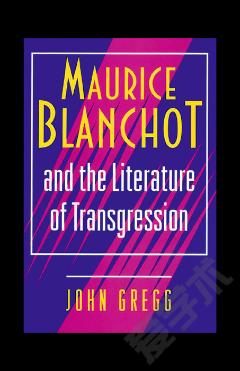
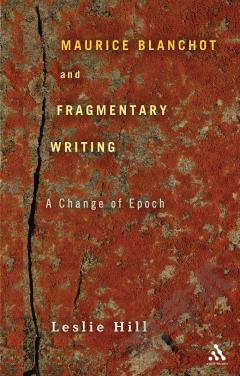

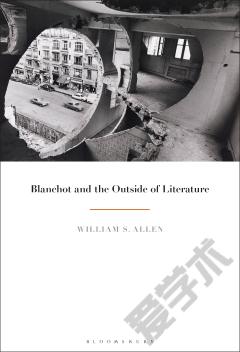
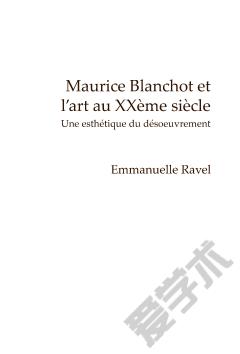
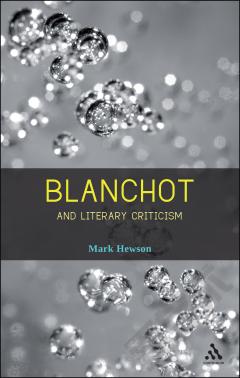
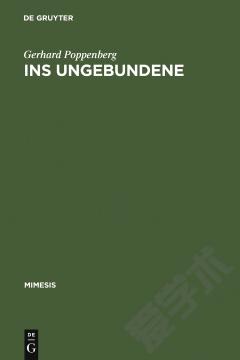

 京公网安备 11010802027623号
京公网安备 11010802027623号